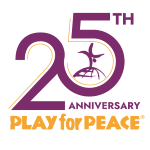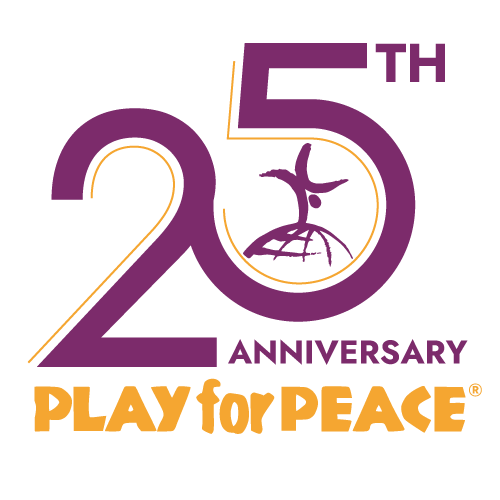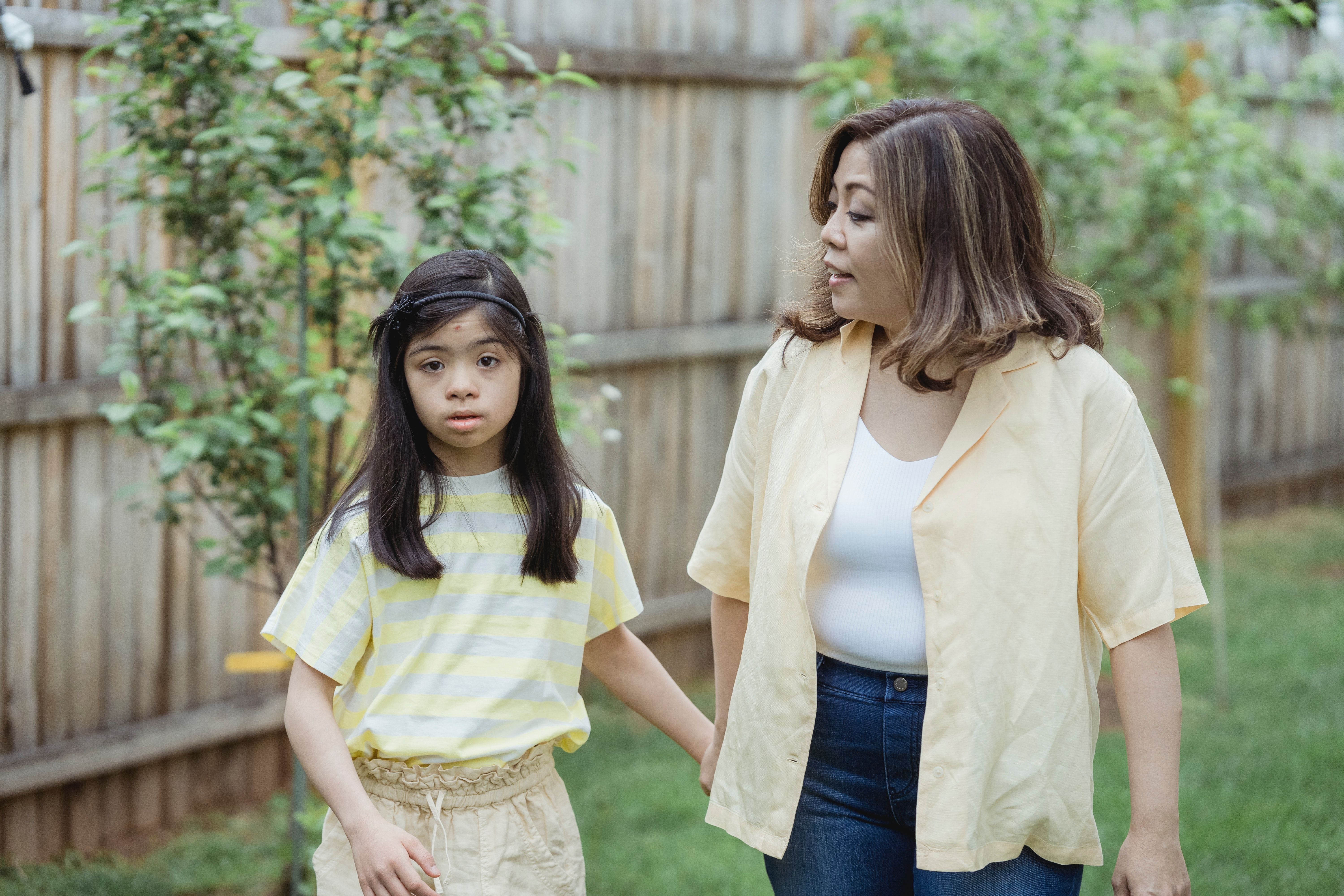The following update comes from Nikhil Mehta, a Play for Peace certified trainer from Mumbai, India.
It is very heartening when a participant from a Play for Peace training goes ahead and continues to do our work with eagerness, care, and belief. We’re happy to introduce to you one such participant - Preeti - from a previous training. She has added value to various spaces through Play for Peace sessions in the past few years. Since we have been in touch with her, we have known that PFP means a lot to her, and has added much value to her own life as well! I asked her if she would be okay writing an article on her experience with PFP (or at least parts of it). She was happy to do so since both PFP and writing are close to her heart. I'm the article below that she wrote and shared with me. - Nikhil Mehta
“Why are we doing this?”
I remember my childhood and how there were so many outdoor games that we would play and enjoy ourselves thoroughly. I remember not enjoying school or staying at home during vacations because of the absolute joy that play brought to me. I also remember the 13-year-old me going through the turmoil of the terrible teens - trying to make sense of the change in the attitude of all elders. Finding it impossible to put into practice their strict advice, “Now that you are growing up you must stop playing and focus on your studies. You need to lay a good foundation for a successful career and future!” I remember suffering from deep hurt, pain, and regret during my teenage years which I attribute to playing being taken away from me. I became extremely fear-ridden, unable to handle the competitiveness, scared, and scarred person. I wondered how can this be life – where there is no joy – no ease – no lightness of being – no play? Of course, life has its ways and I took to the training of mainstream education from which I post-graduated in Human Resources (HR) Management. I had a ready answer to the question of where I see myself in the next ten years. As the Head of HR at a multinational corporation!
Scene I:
I am at the TISS (Tata Institute of Social Sciences) campus – as a young Management Trainee on her first job – getting trained in campus recruitment – which meant all the coordination, legwork, and running around had to be done by me. I was representing the Human Resources team of a Financial Services Company known for its Day 0 (Zero) – Campus Recruitment Strategy. I became flustered and agitated when I got to know that we are not here for recruitment on Day 0 – as we were not given the honest details. All I felt was hurt and suffering when I imagined the turmoil of what my state would be when my seniors would point out this incompetence and absolute failure on my part. Back then, I took immense pride in the high performance - getting it all right at the first goal orientated environment in the corporate setting I was part of. I saw it as an adrenaline rush and it boosted the image of my self-worth and self-esteem. Yet most of the time I found myself ridden with fear, guilt, frustration, or suppressed anger.
Scene II:
I am at the TISS campus again – many years later – to attend the PFP Training offered by Nikhil Mehta – I have stepped out of the corporate treadmill thanks to burnout from work-a-holism. Over the years I was mentored in facilitation both in the corporate and development sector, and I felt most alive when I took on the role of a facilitator. Most recently I have been volunteering at a remote village in a drought-prone region of west India, as a facilitator at the residential alternative learning space for adolescents from vulnerable socio-economic conditions. In most of the programs, I facilitated and invariably introduced a few energizers and games which I had learned from my mentors. I told myself I was at the PFP Training to add to my repository of activities in the facilitation hat, little did I know that this would be much more than being just that. It would be a life-changing two days for me. It was coming a full circle from Scene I to Scene II, many years later, at the same campus!
Without any typical formal introductions of all participants which marked the start of most training sessions I had attended, Nikhil started off with the circle-up and other energizers. We all started warming up to the stark difference compared to other training sessions; that of stepping out of our head-space and into our body and heart space. One of the activities that Nikhil got us engaged in was the animal calls to get into our animal families and come up with a celebration dance. What a wonderful experience that was – to not know anyone else by name or words about their lives or backgrounds and yet feel part of a family and celebrate together. The answer is one that Nikhil gave when asked what the reason for the celebration was. He stated, "We don’t always need a reason to celebrate, celebration is more important than only having a reason." It still resonates and reminds me of what life really is – a celebration!
Thus, I started my journey with PFP and went back to the joy that I experienced through play in my childhood. After the two days, I felt a deep resonance to the purpose of offering that joy to anyone and /or everyone who was present at the various schools I visited, programs that I facilitated, and in general by incorporating playfulness in life. Though I must say that in day-to-day life to bring the playfulness aspect is still a work in progress for me. Out of the many PFP sessions that I’ve conducted or sessions where I have used the games, activities, and principles while facilitating different programs, I would like to mention a couple that has stood out personally.
The first experience is the Program about India and Sustainable Development Goals that I was facilitating for 14-18-year-olds at public and private schools in Berlin, Germany, 2019:
Here I used the principles of safe space, life-nurturing environment, laughter, compassion, and peace as an umbrella for the entire program. I incorporated Circle up, Walk Stop - to get them to share within pairs, Alive Alert Awake, Breakfast item names (which wasn't as well received - maybe using names of the local breakfast would have brought more energy), and closing circle for sharing to make the program more interactive and holistic.
Some ah-ha moments from the programs were:
- When participants at the end of the programs came and thanked me for a wonderful time and learning experience, there was genuine connection and bonding beyond borders rather than just a facilitator-participant relationship.
- When they shared that the easygoing, not strict, friendly, and open acceptance (life-nurturing environment) throughout the program was a nice feeling unlike what they experienced on normal school days.
- When on the last day of the last program one student shared in the closing circle – that she feels like she is on some other level, kind of spiritual, she is more at peace, more centered, more tolerant, and is so happy about this experience!
There is much more to share from the entire experience, however; one of the biggest highlights was in the last program there was a boy who - we got to know only at the end of the program - was facing depression issues and would never participate in the school activities, however, he joined the Circle up and other activities right from the start in our program which surprised the school teacher as well! So yes, I saw the PFP magic, power, and presence work so beautifully to make it a safe and inclusive space for one and all! At another PFP session for children from grade five at a primary school in South India, in April 2022, one of the students asked me, “Why are we doing this?".
I reflected for a moment on what the real purpose of conducting PFP for that group was. I know that the trustees had asked me to introduce the Nobel Laureate Rabindranath Tagore in the most interesting way possible to a group of children who I had never met. My usual response to any request, to conduct something for children or youth, or adults begins with PFP; as the principles of PFP help both the participants and me to ease into connecting with each other in an open, accepting, safe and inclusive space. Though this was the real reason and purpose I wondered how to put it simply or joyfully for the student.
I said, “I also do not know the answer to why we are doing this – I was asked to facilitate a session with you all, that’s why I’m doing it…” and then, I was reminded of Nikhil’s statement about not always looking for a definite reason to celebrate. I asked the student, “Do we always need a reason to have fun? Do we always need a reason to play? Can we just enjoy ourselves for some time together?” And she smiled her beautiful broad smile, her big eyes crinkled and she nodded her agreement, her face lightened and brightened. After the PFP session, as we got to know Rabindranath Tagore, the polymath, very serendipitously we reflected on his poem for children on freedom: Where the mind is without fear and the head is held high. Little did I know that PFP had already given the children a glimpse of this freedom, helping them hold their heads high! Whereas for me this PFP experience reminded me of the quote; Don’t grow up, it’s a trap!
PFP for me over the years has transformed from being only an offering, a method, a facilitation tool to – a way of life. It has been and continues to be a journey of personal healing to collective healing. It is a self-unfolding process that works inwards and blooms outwards, thus completing the tandem of within-without. Both internal processing and external manifestation are so important and irreplaceable.
For me, the journey of this inner transformation to outer manifestation has brought about immense ease and harmony in my life both while facilitating programs as well as in other spaces and activities. I’m able to now recognize in each and every individual I come across a dear fellow traveler that is on the same path and seeks the same goals of infinite happiness and total fearlessness. I have seen my own being transformed through Play for Peace into a more loving, kind, patient, accepting, liberal, open, being OK with things as they are than trying to change them through agitation and suffering and a much less fearful person. I see these inner transformations of mine in some small way allow the participants to feel and experience glimpses of the same if not the entirety during the PFP sessions.
I go back to the question of the student from grade five, “Why are we doing this?”. I believe we are doing this because life is play, which has to be played with the purest values of cooperation, safety, inclusiveness, simplicity, and joy! To life and play and to Play for Peace that brings them both together – my truest and deepest gratitude!
The above article has been written by Preeti.


.png)


 [Copy 27977271].png)


